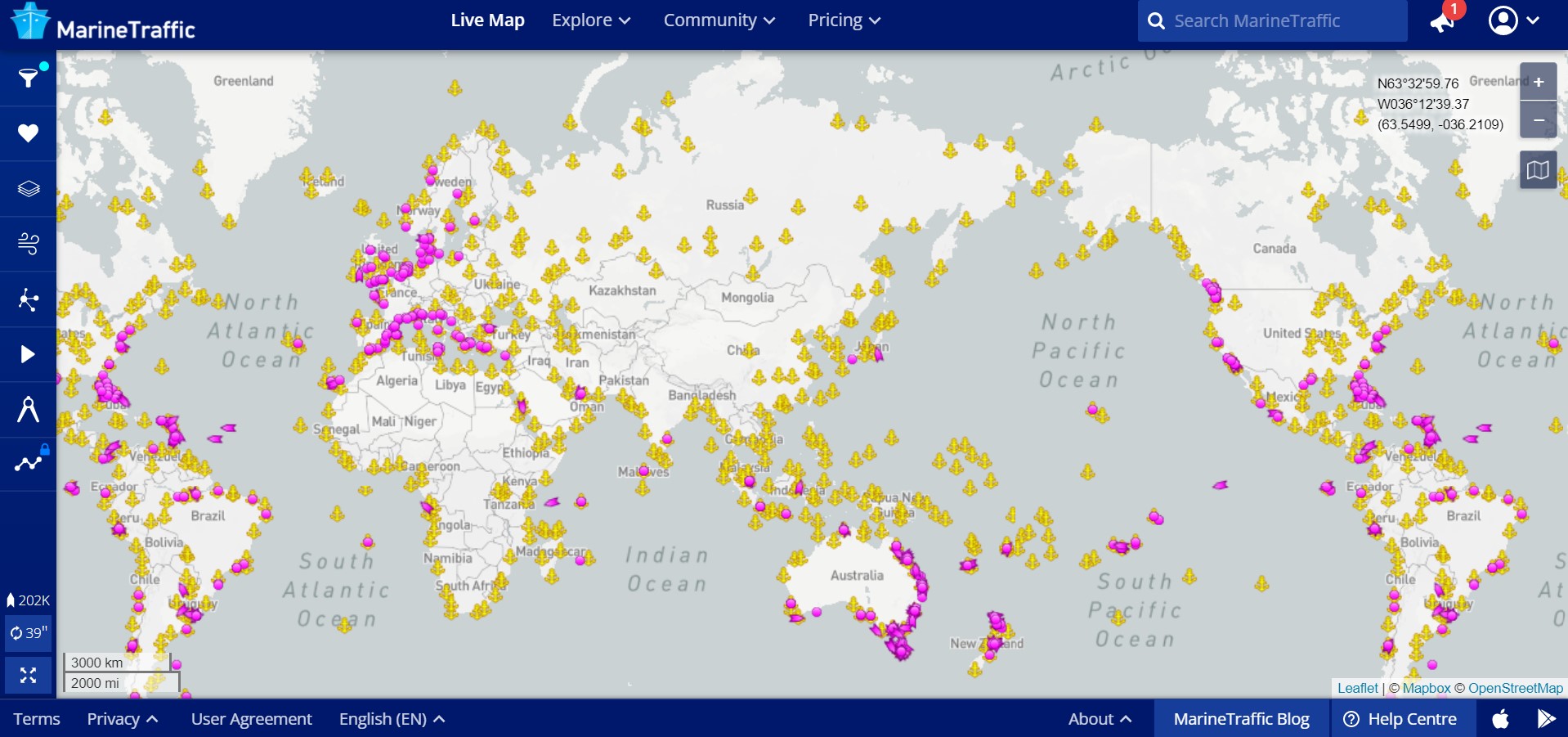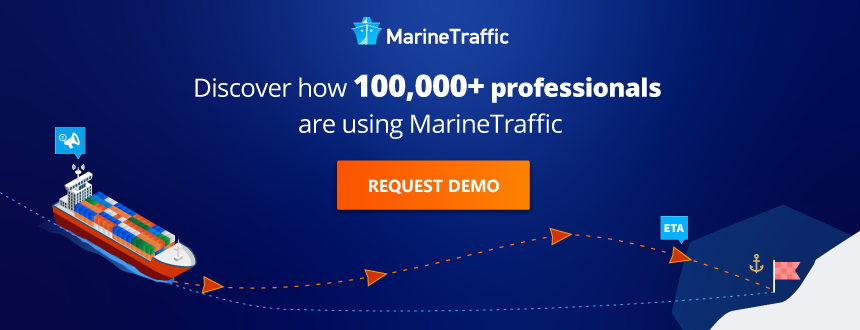Peter Mott started Passage Guardian in 2016
Peter Mott always has one eye on the sea. The seasoned sailor and retired Internet entrepreneur has set up a service to help keep recreational cruisers safe as they cross the world’s oceans.
Mott’s Passage Guardian service and maritime coast station, Pacific Maritime Radio, are dedicated to the seven crew of sailing vessel Nina which was lost in the Tasman Sea, during a storm in June 2013.
“It is thought SV Nina sank quickly without time to send a distress signal or activate an EPIRB,” New Zealand-based Mott told MarineTraffic.
The loss of SV Nina inspired Mott to create a service that all recreational cruisers could access free of charge, to “keep watch over them” as they sail on oceans around the world.
It’s a bold plan that requires an enormous amount of dedication from Mott. In an average non-Covid year around 200 vessels use his Passage Guardian service, and Mott monitors every vessel that registers a voyage using the MarineTraffic Live Map.
Users of the service must ensure that their vessel has a transmitting AIS with an MMSI (Maritime Mobile Service Identity) number issued by the flag state, be able to receive and send messages at sea, and commit to sending a daily report via email when on passage.

Crew fill in a comprehensive ‘float plan’ via the Passage Guardian website, where information such as vessel name, MMSI number, and email address whilst at sea, along with 28 other pieces of information are uploaded.
Mott then uses this information to set up ‘vessel stopped’ notifications using MarineTraffic AIS data. The notifications alert Mott if the vessel is in difficulty. “Combined with weather data, I can make an assessment,” he said.
“I look ahead on each vessel’s intended route for fishing fleets and provide information as to where they are well before they can be seen on the boat’s AIS. This allows sail boats to adjust their route to stay clear of fishing vessels and their nets/lines. This is particularly important at night, and in areas where there are large numbers of fishing vessels,” he explained to MarineTraffic.
For solo-sailing (or single-handed) vessels, he warns the sailor onboard about any large merchant ships expected to cross ahead of them during their rest periods. Mott pointed out that, “Knowing what’s ahead significantly aids rest, and helps sailors function better when on watch.”
The MarineTraffic Live Map shows where vessels are located and Mott uses this information to support vessels in other ways. For example, for those in need of spare parts, medical assistance or engineering advice, he suggests nearby vessels who may be able to assist. “This typically occurs in the South Pacific Islands where there are few terrestrial AIS stations, and vessels are often anchored outside AIS and VHF radio range of each other,” he noted.
For Mott, MarineTraffic is essential to the service he offers. He said: “For Passage Guardian, I cannot deliver my safety service without it. It is critical.”
For Passage Guardian, I cannot deliver my safety service without MarineTraffic. It is critical.
“In my view, MarineTraffic’s web and iPhone applications are superior to any other offering, and MarineTraffic support is exceptional.”
Mott asserts that his service exists to keep cruisers safe so as to avoid a rescue or distress situation. There have been times, however, when his service has supported a rescue operation.
On a few occasions, a vessel has declared distress whilst Mott was talking to a crew member on the high frequency (HF) radio and Mott has passed this information onto the relevant rescue coordination centre. “The most notable was the Australian sailing vessel Rafiki on a circumnavigation, which sank in International waters south of Alaska. I was able to guide US CoastGuard resources out of Kodiak to the scene, resulting in two lives saved,” he said.
Related: Jeanne Socrates Sails The World Solo Once Again
Mott established Passage Guardian in 2016 and ran it through to 2020, when COVID-19 put a temporary end to recreational cruising. He has supported numerous recreational vessels on the world’s oceans, including several solo circumnavigations.
“I am looking forward to borders being re-opened and recreational cruising to resume,” he said.
He is an experienced radio engineer, holds New Zealand Boat Master and Coastal Skipper Certifications, and has sea time on both coastal and ocean passages conducted on his own vessels.
“As well as providing the Passage Guardian service, I am a strong advocate for redundancy in communications technology aboard recreational vessels, and optimising AIS systems to permit reliable tracking via satellite,” he said.
Nina’s tragedy
The 85-year-old SV Nina left Opua in the Bay of Islands on New Zealand’s Northland in late May heading for the Australian port of Newcastle, a voyage of around 2014 km.
What should have been an eight- to 10-day voyage, ended in catastrophe when the vessel and crew were lost towards the end of June in what Rescue Coordination New Zealand reported as “26-foot seas and 50-mph winds gusting to 70 in the vicinity that day as the first of a string of brutal winter lows marched through the Tasman” reported Sail magazine at the time.
The crew was last heard from on 4 June that year.
To access the free-of-charge service go to: passageguardian.nz

